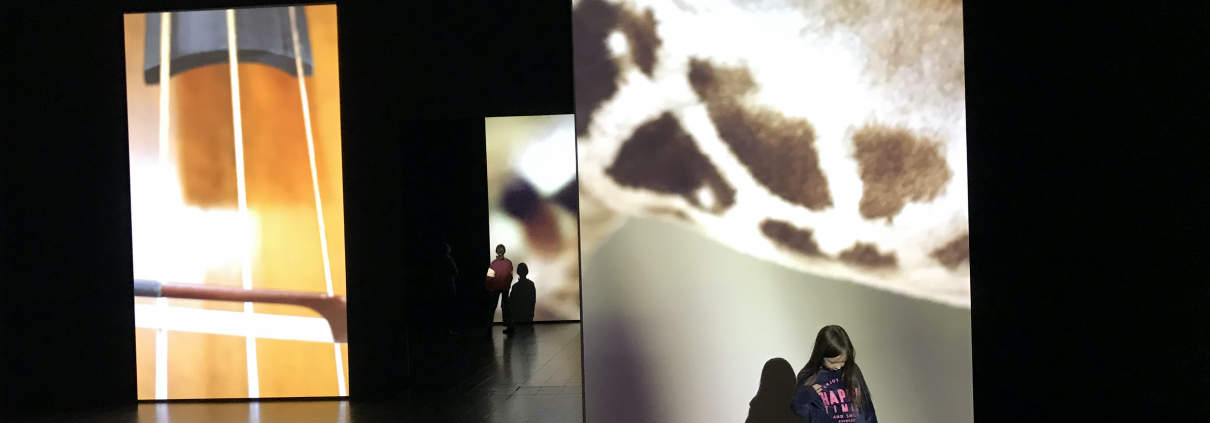Climate Change and Art
I have a book on my bedside table with the beautiful title “Dilettantism as a profession”. In earlier times, the dilettante was apparently once a respected fellow citizen; today, the word is associated with a rather negative connotation. Wrongly, in my opinion, because specialization has its pitfalls today as it did then. Why is it important to have the courage and desire to be a dilettante when it comes to climate change and what is widely subsumed under this buzzword? I myself, for example, am completely unqualified to say anything about the climate, even though I may have read a few books on the subject. I’m not a climatologist and I can’t really say anything about activism because I’m not a sociologist. I am neither a protest researcher nor a transformation researcher. Now, of course, there are inspired and less inspired climatologists and protest researchers; there are people all over the world who do their job sloppily or those who pursue it with passion. There are even those who do their job with passion but without or with misguided inspiration, for example because they are stuck in a questionable ideological worldview. (Who wants to evaluate such matters, we do not presume to make such evaluations. So we prefer to evaluate these things in secret, because not evaluating is a difficult matter).
Fortunately, I am an artist and have the privilege of having to assume the position of the fool and border crosser in society due to the professional demands of my profession. It seems sensible to me to take the position of a fool and generalist, especially in this particularly complex question of ecology, because the topic should not be left to rationally oriented scientists and experts; they often don’t have an overview of the whole picture. Nor should the field of ecological transformation be left to traditional activists or even politicians, as this very heterogeneous group tends to be regressive when it comes to social change. The same naturally applies to the traditional economy, but also to the supposedly green economy.
It is generally difficult for many people to imagine a form of society, or to consider it desirable, that does not correspond exactly to our own previous experience. In addition, very large sections of the population around the world, wherever social conditions still allow it, want everything to stay as it is. Our very important and understandable need for security and stability leads us to adopt such often unconscious views and the patterns of action associated with them. From an evolutionary perspective, it makes sense to act in a way that is geared towards security, because we humans are vulnerable and needy creatures without fur. But with thumbs and big brains, even if I think that the brain is often overloaded with the interpretations and expectations of neurobiology in a less than realistic way. Today, climate change has become a question of unconventional ways of looking at the question of how we want to live together globally in the future. It is a question of art.



